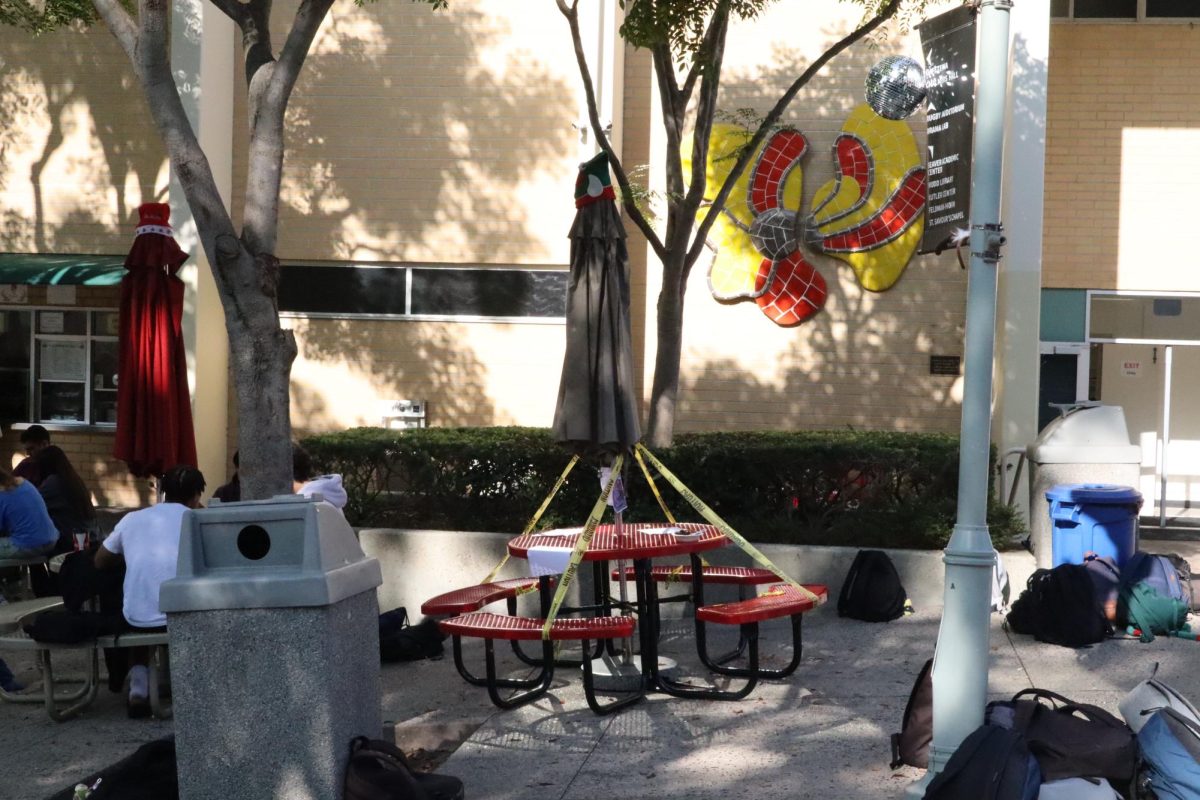The Bison college tour was scheduled to visit the University of Notre Dame in South Bend, Indiana, April 1 in the midst of a national controversy over Indiana’s Religious Freedom Restoration Act.
The law, signed into action March 26, less than a week before the college tour was to visit the campus, allowed any individual or corporation to cite its religious beliefs as a defense when sued by a private party.
By extension, critics of the law argued that it facilitated widespread discrimination against members of the LGBTQIA community as businesses or services could now legally refuse to serve same-sex couples.
After the law was brought to the attention of the deans, President Rick Commons, Head of School Jeanne Huybrechts, Associate Head of School Audrius Barzdukas, Head of External Relations Ed Hu and all the dean spring college tour chaperones discussed whether or not to take students to the university at all. However, a decision was made to poll students on the Bison Tour the day before visiting Notre Dame to either proceed with the tour without any changes or to tour Notre Dame but make no purchases in Indiana. Students were also given the option to remain on the bus.
Out of 41 students, seven refused to take the campus tour and stayed on the bus, including Laurel Rand-Lewis ’16, Katie Speare ’16, Truth Cole ’16, Jonah Carloss ’16, Isadore Frankel ’16, Taylor Ingman ’16 and Daniel Mosch ’16. The rest of the students and faculty on the tour decided to proceed with touring Notre Dame and attended a meal hosted by the university.
“I have gay parents so I felt pretty passionate about [the issue] and was disappointed and disgusted that so many people voted to do nothing,” Cole said.
Others, however, did not share the same thoughts.
“I didn’t think me not going to Notre Dame would have changed anything, so I would have not changed my vote either way,” Lucas Perez ’16 said.
In response to the national criticism, an ordinance was passed April 2 by the Indiana State Legislature to ensure that businesses are unable to refuse services based on “race, color, religion, ancestry, age, national origin, disability, sex, sexual orientation, gender identity or United States military service.”




























